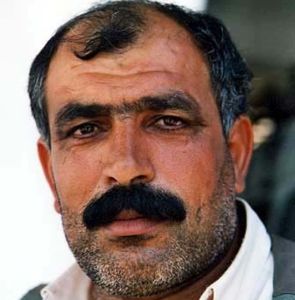By Mustafa Mustashi, Ramallah schoolteacher
 All right, class, settle down.
All right, class, settle down.
I’ve been hearing a lot of talk lately about lying, about getting caught lying, and the consequences of lying. So I want to make one thing perfectly clear to each and every one of you: the media will never accuse us Palestinians of lying.
You might get the idea from watching or reading the international media, with its claims of objectivity and journalistic integrity, that corespondents and interviewers call out their subjects who make questionable claims, and routinely fact-check statements intended for broadcast or publication, and for the most part, they do – but not when it comes to Palestinian claims about Israel. We can say anything we want, and not be called on it by any mainstream outlet. Not only that, Western governments seldom, if ever, make us face any real-world consequences for lying about Israel. That’s right, Ali. You can say the most outrageous things, and it will either go unnoticed, unreported, or unchallenged.
Yes, Subhi, the most outrageous things. Organ harvesting. Medical experiments on prisoners. Genocide. Go ahead, test it. You’ll see.
What I’m trying to say, Ahmad, don’t interrupt me, is that lying is unacceptable, and don’t ever do it, because it will ruin your relationships and your professional life, unless you’re lying about Israel, in which case, the more untrue the better.
Don’t believe me? Just look at our leaders. They do it all the time, and no one ever challenges them on it. Mahmoud Abbas calls the knife Intifada “peaceful resistance” to paint Israel as executing Palestinians in cold blood, and no journalist of any stature has challenged him about it. Advocates for the Palestinian movement have told bald-faced lies about the Second Intifada and its deadly suicide bombings being the most tranquil, non-violent period in Israel’s history, and no one bats an eye. But Binyamin Netanyahu says he can accept a two-state solution, and everyone to the left of Likud calls him a liar. We Palestinians have different rules. Hey, I didn’t create those rules. I’m just describing them for you.
It can be confusing, living with such disparate rules for different contexts, but you’ll master the nuances in no time at all. Last year’s class excelled at it, especially the Tamimi kids.
I’m sure your other teachers will be able to give you practice. It even fits with the integrated curriculum recommended by UNRWA. Now, let’s open our books to page 112…




